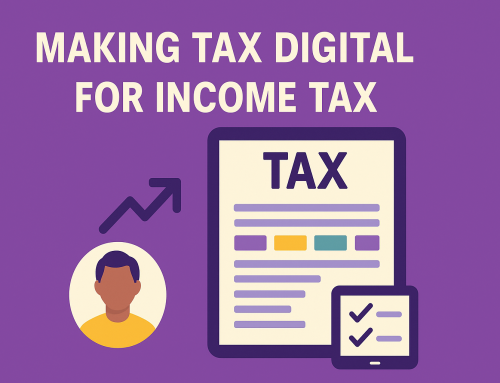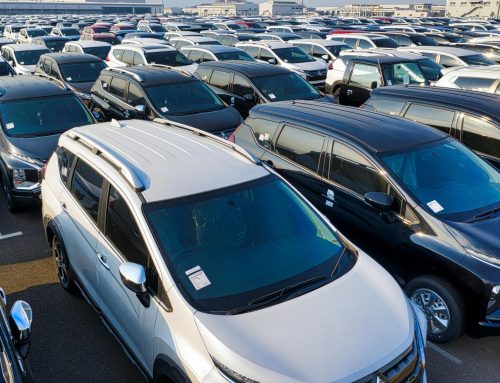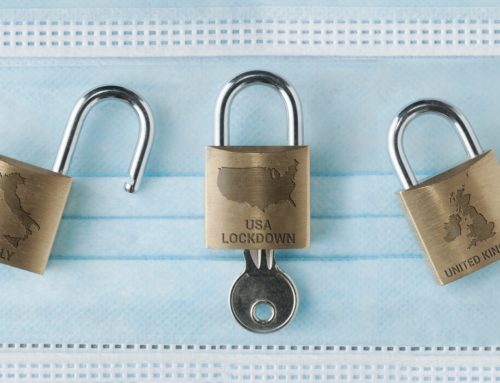IR35 has been around for a long time, but some far-reaching changes mean that you might need to revisit this issue. We have set out some of the key questions you might have and explained what’s changing and how to know if the changes apply to you.
What is IR35?
IR35 refers to legislation that assesses whether you are a genuine contractor or a deemed employee for tax purposes.
Contractors working through their own limited companies – known as personal service companies – enjoy some tax efficiencies, so HMRC will often seek to assess you under IR35. This can leave you being taxed as if you are an employee, without any employment benefits or security.
What is a personal service company?
A personal service company (PSC) is one where a single contractor trades through a limited company where they own most or all of the shares. You won’t find a specific definition of this as one doesn’t exist, but this essentially explains the term as it’s used by HMRC.
What is changing in 2021?
Our ‘self assessment’ system means that we make the decisions over which tax treatment is right and file our tax returns on that basis, HMRC can check our returns and will reassess the tax if they believe we’ve got it wrong.
A contractor has previously always been responsible for deciding whether they fall under IR35 or not.
On 6th April 2017, the responsibility for making that decision shifted to the public sector bodies paying the contractor. So if you were engaged by the NHS or the Police for example, they would make the decision about your IR35 status and deduct tax accordingly.
From 6th April 2021, this shift in responsibility moves out to the private sector. So a medium or large company, engaging a contractor now has to decide whether to apply IR35.
Why is this a problem?
The decision over whether IR35 applies is a difficult one, to make it you have to take into account every individual’s contract and working conditions. And in some cases, judgement needs to be applied, based on those facts, and this can often lead to disagreements over treatment between the taxpayer and HMRC.
For these medium or large engagers, they now have a lot of work to do, to properly assess every individual contractor. Therefore it is likely they will make sweeping judgements over large numbers of them and go all in or all out. We’ve already seen this in the public sector resulting in a lot of PSC’s who do not fall into IR35, being assessed to be. The tax consequences are complex and particularly harsh when you factor in that there are no employment benefits for the individuals concerned.
Does IR35 apply to you?
HMRC will ask the question, ‘If you didn’t have a company, would you be self-employed?’
As we’ve said, this can be a tricky decision to make with lots of factors involved. To get started, here are the key questions you should ask yourself when determining whether you are self employed or not. Ideally you would meet all or most of these to be certain that HMRC would agree with your decision.
Are you self-employed?
- Control – Do you work when you want and how you want to?
- Mutuality of obligations – Does your engager have to offer you work? Are you obliged to accept it when they do?
- Substitutes – Can you provide a substitute of your choice to do the work and do you pay them?
- Insurance – Do you pay for public liability and other insurances yourself?
- Payment – Do you invoice for the task you have completed, rather than by the hour or day?
- Financial risk – Do you make more profit if you deliver your services more efficiently? If you overrun or make mistakes, do you make less money for your time?
- Equipment – Do you provide the plant and/or equipment to carry out your work?
- Employee benefits – Do you receive holiday or sick pay or other benefits that employees would usually receive?
What happens if I am assessed as being subject to IR35?
You will receive a status determination statement (SDS), this has to contain certain information but is not an official form. You might have received one without even knowing it, especially considering the amount of spam HMRC emails and letters there are out there at the moment.
If you do receive a status determination statement you need to review it carefully to see if you agree with the conclusions. It should explain why you are caught by IR35 and you will need to appeal this if you don’t agree. If you don’t appeal, or they don’t acknowledge your appeal, they will deduct tax and national insurance as if you were an employee from your payments.
IR35 or Construction Industry Scheme (CIS)?
If you are in the construction industry and subject to CIS, then IR35 may apply in future instead as you cannot operate both at the same time.
Small companies do not have to assess the status of their contractors, therefore if you are engaged by a small company you will still assess your own status for IR35.
I’m a sole trader, does IR35 apply to me?
A person is self-employed (also known as being a sole-trader) if they work for themselves, but not through a limited company.
If you are a sole trader, IR35 does not apply to you.
If you do most of your work for one engager, then that engager is responsible for making sure that you are not an employee of theirs (by applying the questions above).
How to get it right
Each time you have a new contract, you need to review the above tests in detail. Check your SDS to see if you agree with the decision made. If you are engaged by a small company, ensure that you have considered the questions above and try to include the detail within your actual contract so you have good evidence in case of a HMRC enquiry.
We can review this with you and for additional peace of mind, we partner with Markel whose IR35 experts offer a fixed fee contract check for our clients, their reports can be very useful if there is some doubt over your status and you wish to have more certainty.
If you have any questions please don’t hesitate to get in touch.






